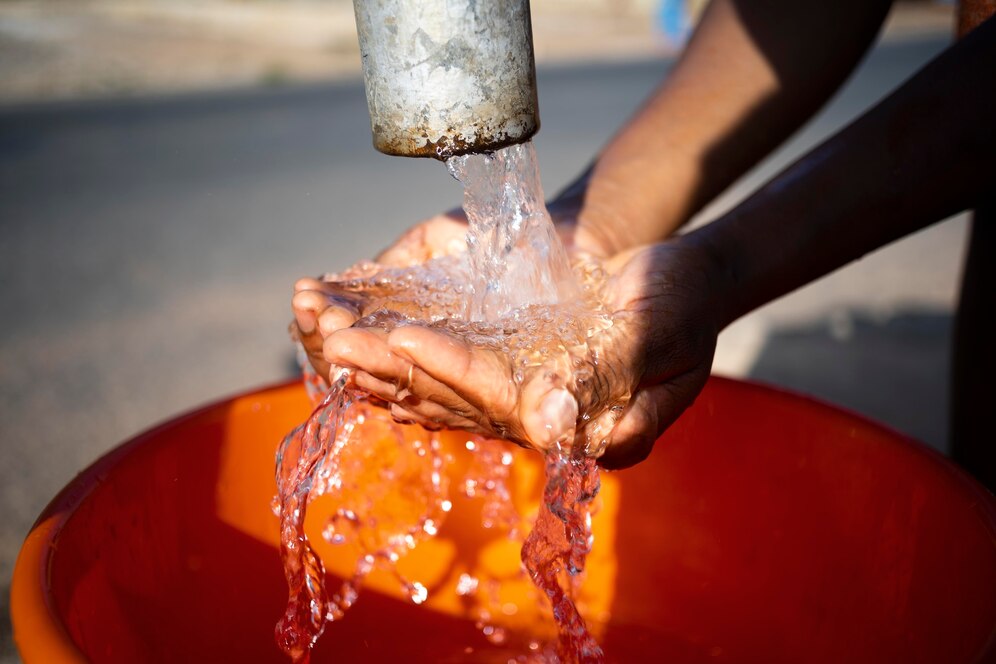Water scarcity is a pressing issue in Namibia, a country characterized by arid and semi-arid regions. As responsible citizens, it is crucial for us to adopt water-saving practices to ensure the sustainable use of this precious resource. In this blog, we will provide you with practical tips and strategies on how to save water in Namibia, helping to preserve water supplies, mitigate water stress, and contribute to a more sustainable future.
Be Mindful of Daily Water Usage:
Fix Leaks: Regularly check for and repair any leaks in faucets, toilets, and pipes. Even a small drip can waste a significant amount of water over time.
Shorten Showers: Aim to take shorter showers and turn off the water while lathering or shampooing. Consider installing a low-flow showerhead to reduce water usage.
Turn off Taps: When brushing your teeth or washing dishes, turn off the tap when not actively using the water.
Collect and Reuse Water:
Rainwater Harvesting: Install rainwater harvesting systems to collect rainwater from rooftops. Use this water for non-potable purposes such as gardening, cleaning, or flushing toilets.
Greywater Recycling: Reuse water from activities like laundry, dishwashing, or bathing (with eco-friendly soaps) for watering plants or flushing toilets. Ensure that greywater is properly filtered and does not come into contact with food or drinking water.
Optimize Outdoor Water Usage:
Water-Efficient Landscaping: Choose native, drought-resistant plants for your garden. Group plants with similar water needs together and use mulch to retain moisture. Water plants during cooler times of the day to minimize evaporation.
Efficient Irrigation: Use drip irrigation systems or soaker hoses instead of sprinklers to minimize water loss through evaporation. Adjust watering schedules based on weather conditions and plant needs.
Adopt Water-Saving Habits:
Laundry and Dishwashing: Wait until you have a full load before running the washing machine or dishwasher. Use the appropriate water level settings for smaller loads.
Water-Smart Appliances: Choose water-efficient appliances that have high energy and water ratings. Look for the Water Efficiency Label (WELS) when purchasing new fixtures or appliances.
Use a Broom: Instead of using water to clean outdoor areas like driveways and patios, use a broom to sweep away debris.
Educate and Raise Awareness:
Share Tips: Spread the message of water conservation by sharing water-saving tips with family, friends, and neighbors. Encourage them to adopt these practices as well.
Community Engagement: Participate in community initiatives and campaigns focused on water conservation. Engage in discussions and activities that promote responsible water usage.
Water conservation is a collective responsibility that requires the active participation of every individual in Namibia. By implementing these water-saving practices in our daily lives, we can make a significant impact in preserving this precious resource for future generations. Let us embrace a water-conscious mindset, prioritize sustainable water usage, and work together to ensure a water-secure future for Namibia. Every drop saved counts!
